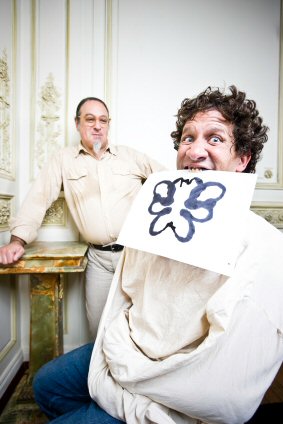
Doctors may not like talking about it, but it’s becoming much more prevalent. A recent McGill University survey found that around 20 percent of general physicians have prescribed placebos for their patients, while more than one-third of psychiatrists have prescribed placebos or pseudoplacebos.
Psychiatry professor and study author, Amir Raz, said the prescribing of pseudoplacebos (treatments that are active in principle, but that are unlikely to be effective for the condition being treated) was becoming more widespread. He suggests that this may be because physicians have shown themselves to be more prepared to prescribe biochemically active materials even though at lower doses than might be effective.
The survey, which was also designed to explore attitudes toward placebo use, found that the majority of psychiatrists (more than 60 percent) believe that placebos can have therapeutic effects. This is a significantly higher proportion than for other medical practitioners. “Psychiatrists seem to place more value in the influence placebos wield on the mind and body,” says Raz. Only 2 percent of the psychiatrists who completed the survey believed that placebos have no clinical benefit at all.
Related:
Uh-oh, placebo
Expensive Placebo Works Better Than Cheap One
Placebo a turn-on for women
Placebo Surgery Shows Surprising Results


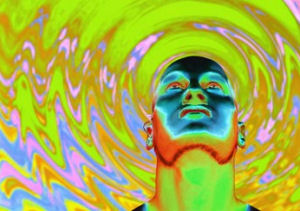

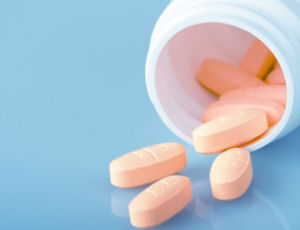



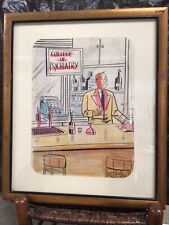
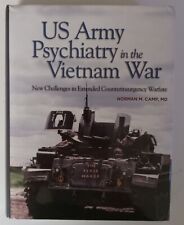

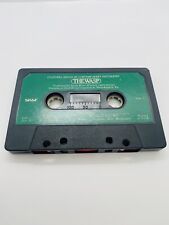
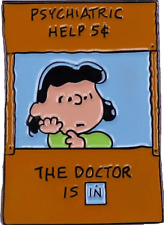

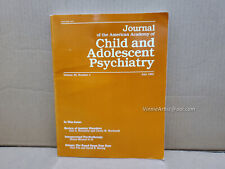
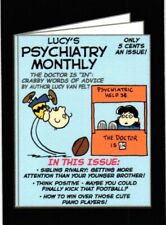

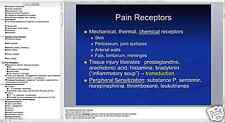
Comments are closed.